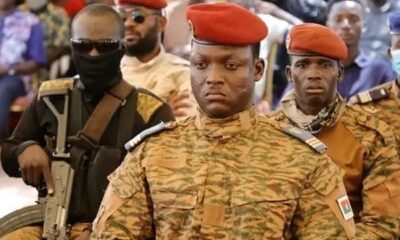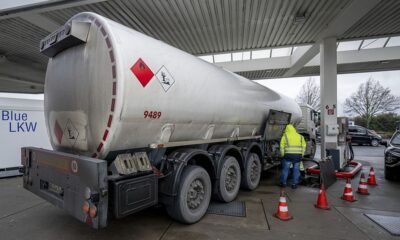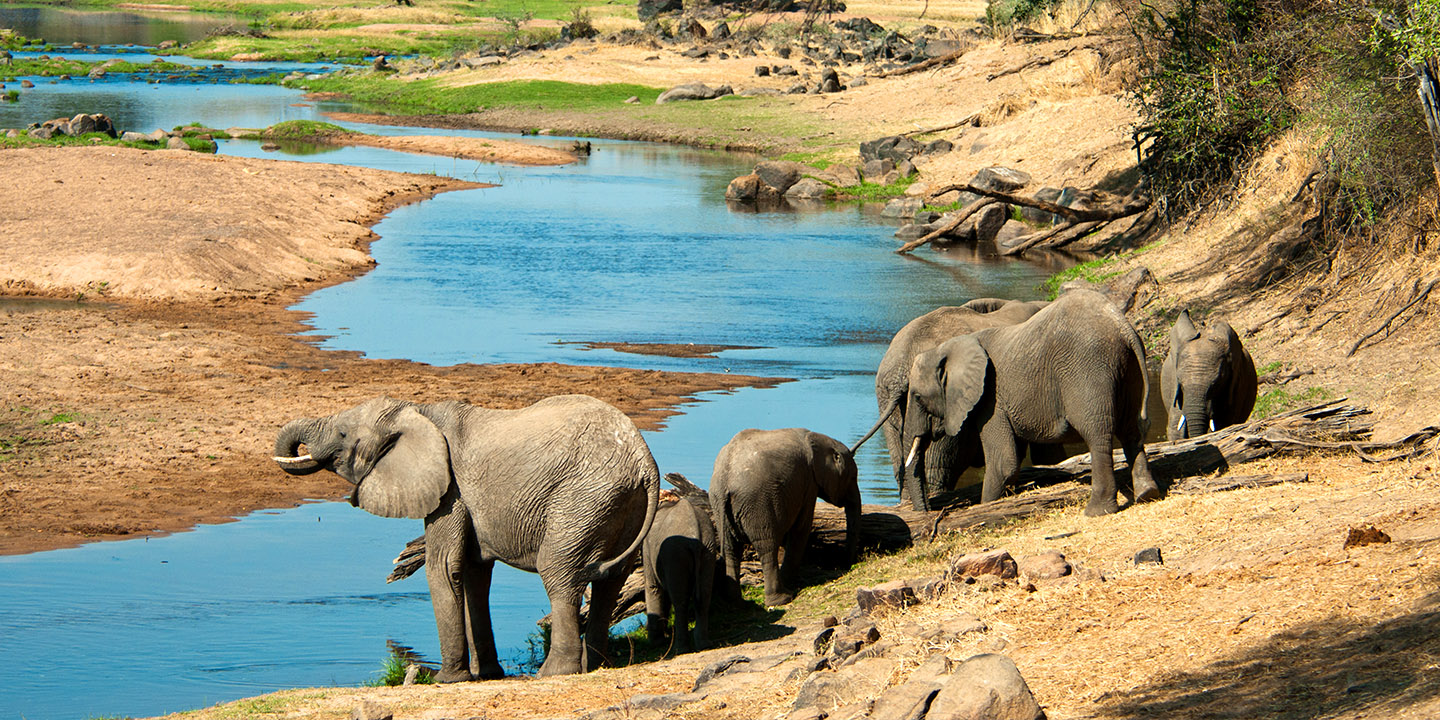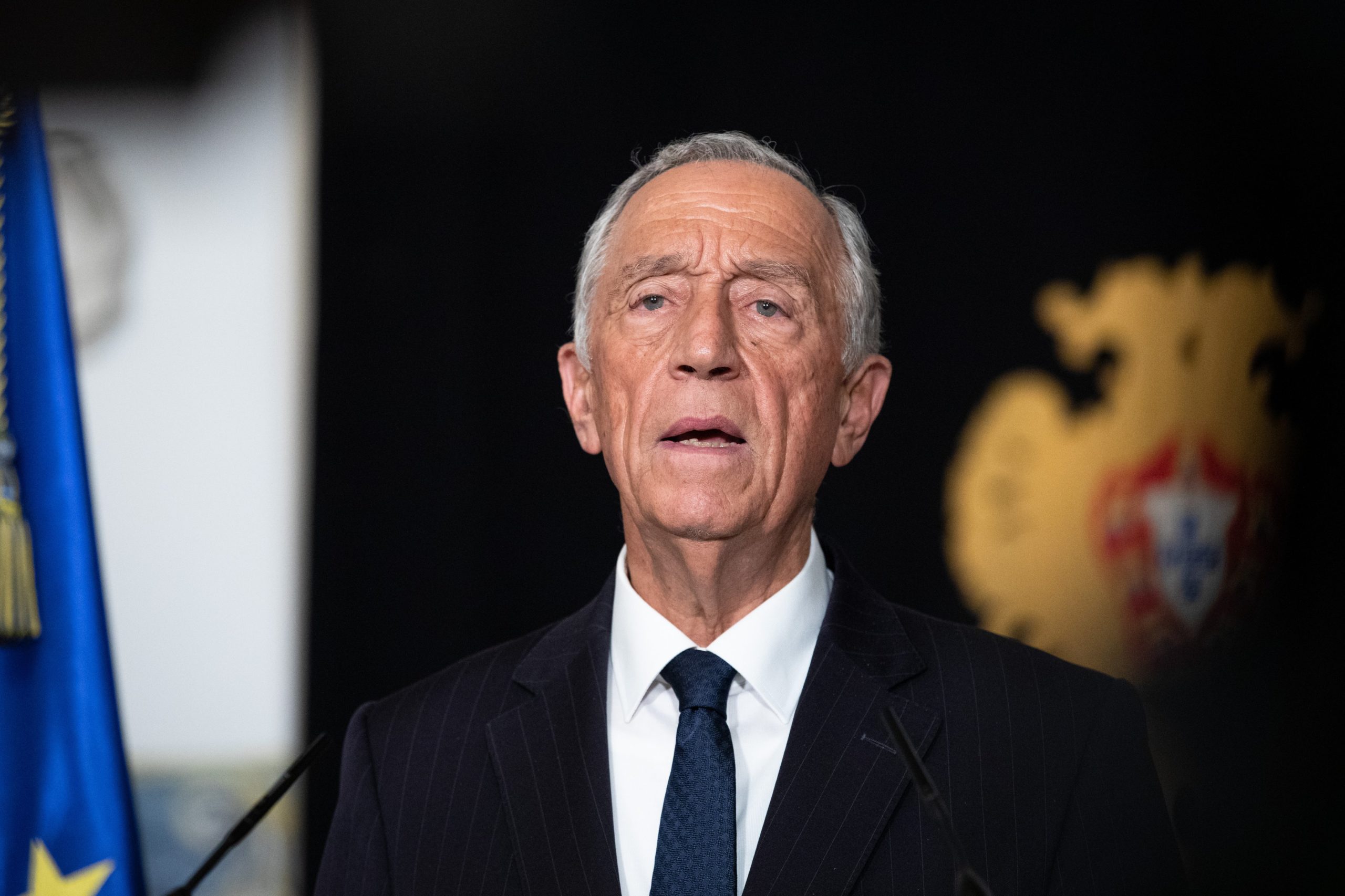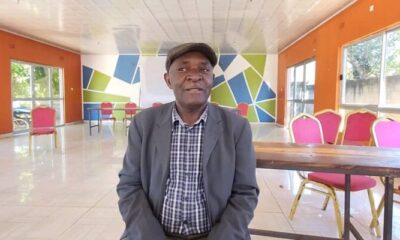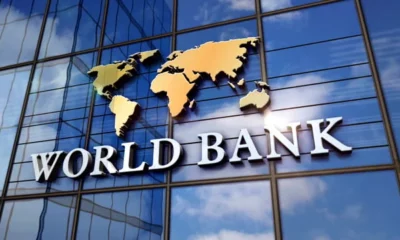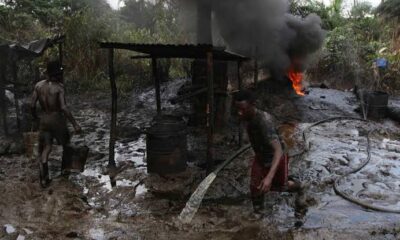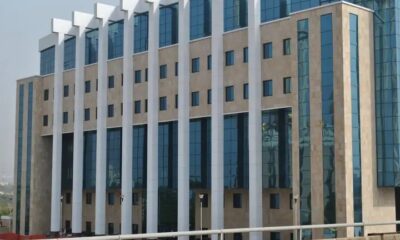There are concerns that the reported revolt of the Russian mercenary— Wagner Group against the state could significantly affect diplomatic relations of some African countries, notably, Mali, the Central African Republic (CAR), and Burkina Faso, amongst others.
Wagner’s head, Yevgeny Prigozhin on Friday accused the Russian army of shelling his fighters. He later released a series of messages from late Friday into Saturday, claiming that he and his mercenary troops had entered the southern Russian city of Rostov-on-Don and taken control of its military sites.
In reaction, Russian President Vladimir Putin has labelled the Wagner uprising a “stab in the back”, and vowed to punish “traitors”, even as the Russian forces step up to repel the mutiny.
The African dimension of the development is apt as both Mali and the CAR have openly engaged Wagner in their fights against terrorism with Wagner forces stationed on their soil despite contradictory positions by the United Nations, the United States, and France.
Should Mali be worried about fallout? A political analyst quoted by Reuters, Bassirou Doumbia, said “(Wagner’s) presence in Mali is sponsored by the Kremlin and if Wagner is at odds with the Kremlin … naturally Mali will suffer the consequences on the security front.”
Another expert on the subject, Yvan Guichaoua, who is a senior lecturer at the Brussels School of International Studies, said: “(The) exact consequences for Mali really depend on factors largely unknown such as the organisational autonomy of Wagner and their chain of command, and, of course, whether things escalate or not between (Russian President Vladimir) Putin and Wagner.”
Similar circumstances exist in CAR, where the government has been assisted by hundreds of Russian operatives, including several from the Wagner Group, in fighting multiple rebel insurgencies since 2018.
Burkina Faso, another country faced with terrorism, through its defence minister, Colonel Kassoum Coulibaly, last month denied that Wagner forces were on the ground for its fight against terrorism despite reports in Western media.
According to leaked US records, Wagner has operated in at least eight different African countries over the past ten years, including Mali, Libya, and the Central African Republic.
Mali in its part has severed relations, notably with France in recent months to keep up its ties with Russia. Will the Wager revolt inspire a change in diplomatic stands in the continent, particularly with defence ties in the wake of rising anti-France postures in the Sahel? Time will tell as the events unfold.


 Culture2 days ago
Culture2 days ago
 Tech2 days ago
Tech2 days ago
 Sports1 day ago
Sports1 day ago
 Metro1 day ago
Metro1 day ago

